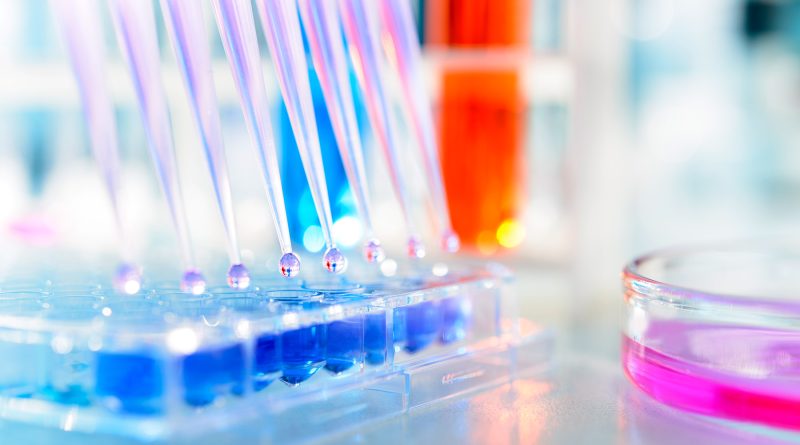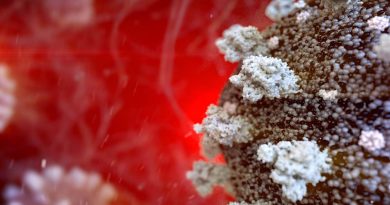Pandemic Has Slowed Pace of Cancer Research
[ad_1]
WEDNESDAY, Jan. 27, 2021 (HealthDay News) — To the ever-growing list of COVID-19’s collateral damage, add one more casualty: cancer research.
A new study indicates that during the first wave of the pandemic last spring, the number of newly launched cancer treatment studies cratered by 60%.
“In short, the first wave of COVID slowed scientific progress in a health-related area distant from the disease itself,” said study author Dr. Elizabeth Lamont, senior medical director of Acorn AI, in Boston.
The finding follows a review of data collected by the Medidata Enterprise Data Store, which accounts for nearly 30% of all cancer research. The team tallied all new cancer studies launched between January and May of 2020, when the pandemic began. These were then compared with numbers stretching back during comparable time periods over the four prior years.
The upshot: 1,249 studies were launched pre-pandemic, averaging out to 312 studies per year. That compared with just 191 studies since the pandemic began, the researchers reported.
The good news is that, more recently, “our ongoing surveillance and research suggests that there has been a rebound in [cancer] trial launches,” Lamont said.
Still, the findings, published online Jan. 27 in JAMA Network Open, “only tell part of the disturbing story,” warned Dr. Richard Schilsky, chief medical officer of the American Society of Clinical Oncology (ASCO).
“This study speaks to a big decline in the launch of new trials during the pandemic,” Schilsky noted. “But that doesn’t say anything about the number of cancer trials that were suspended, put on hold, or in which enrollment rates drastically plummeted. In fact, the number of ongoing trials fell on the order of 50% last spring.”
Why? Lamont said her study “was not designed to ascertain the reasons for the downward trend in oncology trial launches.”
But Schilsky pointed to “a variety of factors” that might be at play.
“Certainly, social distancing is part of it,” he noted. “Especially when you’re talking about vulnerable cancer patients. Many patients were fearful. Understandably. Study treatments are unproven, and many patients didn’t want to risk exposure to COVID in order to get an unproven treatment.”
[ad_2]
Source link



